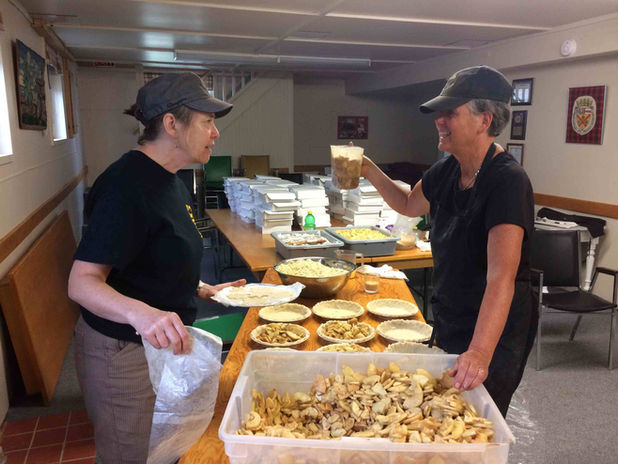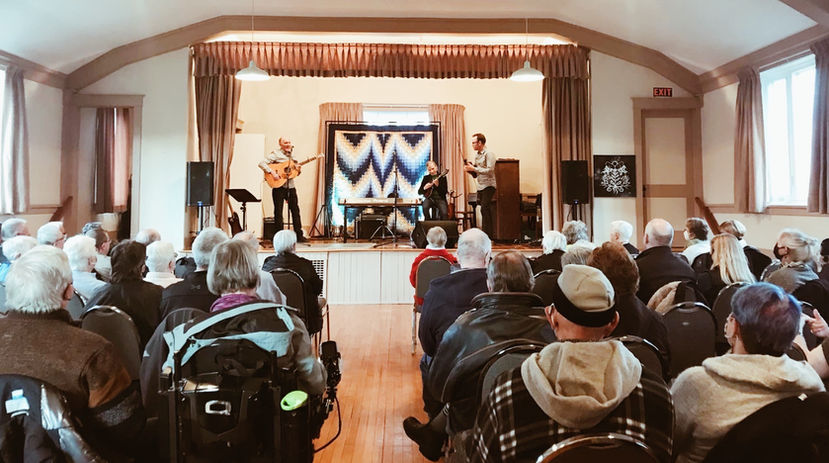About the Women's Institute
The History of the Women's Institute
The Women's Institute as an organization has been present in Canada since 1897.
Adelaide Hunter Hoodless was a farmer's wife in rural Southern Ontario when she lost her young son, likely from drinking contaminated milk. Mrs. Hoodless and a man named Erland Lee became collaborators in Stoney Creek, Ontario to establish the first branch of the Women's Institute. Its purpose was to provide education for girls and women in household management, and to provide support and information about domestic sciences for rural women.
By 1900, there were 33 Women's Institute Branches in Ontario, with over 1 500 members. In 1902, the WI received formal legal stature in the province when the Agricultural and Arts Amendement Act of the Ontario Government received royal assent.
The phrase "For Home and Country' was coined by a member, Laura Rose, to become the official motto of the WI. Rose was also responsible for designing the official badge and proposing blue and gold as the official colours.
Since those early days, the WI has seen many changes to come to its current form. The organization has taken on a role of advocacy in order to improve the lives of rural families. They were an important part of the war efforts in both WWI and WWII. In the more recent past, there has been an increased focus on environmental issues and increased advocacy for safe and healthy communities. In 1999, the R.O.S.E program (Rural Ontario Sharing Education) was launched, which provided vital health information programs to rural communities throughout Ontario.
Although the Women's Institute began as an organization dedicated to education and safety, it has become a way for women to connect with community, use their collective voice to encourage change, and explore a wide range of interests in a social setting.
Mission Statement
The Federated Women's Institutes of Ontario (FWIO) was organized in 1919, giving Members a stronger voice by working together as a united group. Through education and support programs and services, FWIO's original focus expanded to include personal growth opportunities, and health and community wellness projects.


























